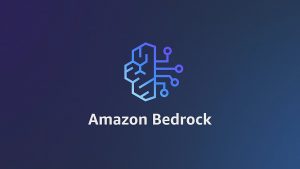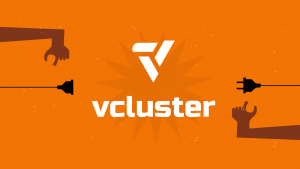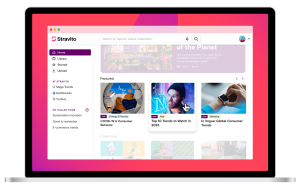IBM Versus the Big Data Skills Gap
![]() Last week, IBM invited me down to the grand opening of the Silicon Valley IBM Innovation Center (IIC), a facility designed to educate Big Blue’s channel partners and help them integrate its product line into end-customer solutions. Every IIC has a specific area of focus designed to meet the needs of the local market its opened in – and it shouldn’t be a surprise to those keeping track that in Silicon Valley, IBM is making big data a priority.
Last week, IBM invited me down to the grand opening of the Silicon Valley IBM Innovation Center (IIC), a facility designed to educate Big Blue’s channel partners and help them integrate its product line into end-customer solutions. Every IIC has a specific area of focus designed to meet the needs of the local market its opened in – and it shouldn’t be a surprise to those keeping track that in Silicon Valley, IBM is making big data a priority.
There’s a definite skills gap in the big data market – the ideal data scientist has a background in both business and statistics, and the higher education and IT services industries are only now starting to shift gears and help train students in that direction. In the meanwhile, big data firms are trying to ferret out the talent from existing pools. It’s less a skills shift, exactly, as it is a mindset shift, and training is still a sticky wicket.
“IBM started a generation of Cobol programmers. Thirty years ago we didn’t have computer-science departments; now every quality school on the planet has a CS department. Now nobody has a data-science department; in 30 years every school on the planet will have one,” EMC Corp. President and COO Pat Gelsinger told the Wall Street Journal in April.
Okay, so most of the Innovation Center grand opening ceremony was a sales pitch – I mean, it’s called an “innovation center.” But putting aside the IBM propaganda, the Silicon Valley IIC is an interesting idea and one that may be relevant to the future of big data.
Essentially, it’s a primary school for teaching startups, partners, and so on the ins and outs of big data and get them up to speed. For startups, IBM makes the IIC available as a demonstration lab when making the big data sales pitch to VCs. For partners in general, it’s a place to get up to speed with big data (or at least IBM’s approach to it). And – this might be the most essential piece of the puzzle – for universities, it’s a place to get research and classroom material for use when teaching analytics.
Professor Stephen Kwan of San Jose State University was on hand to discuss how he’s helping his students benefit from the big data trend. SJSU is preparing to offer its a graduates a certificate in analytics, with new classes revolving around business intelligence (BI), simulating actual enterprise conditions. As Kwan noted: Risk has moved out of the risk manager’s office and into the enterprise as a whole, so how better to minimize risk than by providing graduates who can intelligently parse data?
I spoke to IBM VP of ISVs, Startups, Developers, and Academic Programs Michael Riegel after the ceremony, and on the subject of the big data skills gap, he took issue with the idea that the lack of talent is holding back the field while the next wave of data scientists may be years away from graduation. Instead, he says that we’ve already seen plenty of adoption in the big data space – as evidenced by IBM’s recent spate of big data acquisitions – but the new generation is going to cause customer adoption to skyrocket.
And on the subject of that new generation, Riegel says that training students in analytics is a tricky proposition, because the best data scientists are the ones who know both statistics and business, as mentioned previously.
A mathematician can draw the curve, and a businessperson can come up with a plan based on insights, but it takes a specialist to connect the dots between them. That’s why Riegel says that the best approach isn’t a big data degree, per se, but rather the introduction of the concept into, say, MBA programs and the like. Of course, were a university to come to IBM with a plan to offer a specialized degree program in big data or analytics, Riegel doubts Big Blue would hesitate to contribute resources.
What it comes down to is this: Many enterprises are hitting a point where they need big data to gain a competitive edge and generate value. College graduates need jobs, and IT professionals need certification programs. The IBM IIC is designed to meet all those needs – but even Big Blue can’t do it alone. EMC is offering a big data certification to its partners, and others need to follow suit, or else we’re going to be looking at an ever-widening chasm rather than a gap.
A message from John Furrier, co-founder of SiliconANGLE:
Your vote of support is important to us and it helps us keep the content FREE.
One click below supports our mission to provide free, deep, and relevant content.
Join our community on YouTube
Join the community that includes more than 15,000 #CubeAlumni experts, including Amazon.com CEO Andy Jassy, Dell Technologies founder and CEO Michael Dell, Intel CEO Pat Gelsinger, and many more luminaries and experts.
THANK YOU













